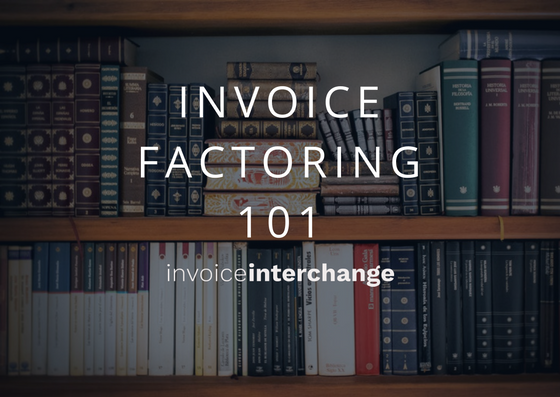
What is Invoice Factoring (Debt Factoring)
Invoice Factoring allows businesses to obtain quick and easy cash flow by selling invoices or the entire accounts receivables to a third-party financier (a factoring company) at a discount rate. This allows the business to focus on increasing sales and not having to worry about when their customer will pay.
How Invoice Factoring Works?
- Business will enter a formal agreement with the financier / factoring company where the financier will manage accounts receivable and credit control on an on-going basis for an agreed period (usually between 12-24 months).
- Financier will advance cash up front against the invoices, usually between 70%-80%.
- Once their customer settles the invoice, balance will be disbursed to the business minus fees.
Advantages of Invoice Factoring
It is a great financing tool to unlock tied up cash in accounts receivable and enable smoother cash flow. As the financier will also be responsible for credit control, that means you are no longer required to manage the collection process in-house.
It is suitable for companies who have a large number of customers and would like to reduce resources in their collection and settlement processes. Having an in-house credit control function that is not well designed, implemented and controlled can quickly increase costs and resources. Such companies who use Invoice Factoring stand to benefit from the efficiencies gained through the outsourcing of credit and collection processes.
Having many customers is also more favourable to the factoring company as this means the business has a lower concentration risks.
Factoring Drawback
Due to additional administration required and a higher level of risks for the financer, the fees are usually more expensive than Invoice Discounting.
To implement a factoring facility, business processes need to be updated and set up on both sides, therefore you are like locked into longer term contracts and have less flexibility to exit or switch to a different provider.
Many businesses prefer to have credit control implemented in-house to ensure communication between the business and its customers is within their control and they are able to maintain their relationship with their customers.
Related Articles
How is Invoice Financing different from Loans?
Invoice / Accounts Receivable Financing Myth Buster
Related Articles

How Invoice Finance Facilities Can Grow With Your Business

Knowing When It’s a Good Time to Get Invoice Finance Facility
